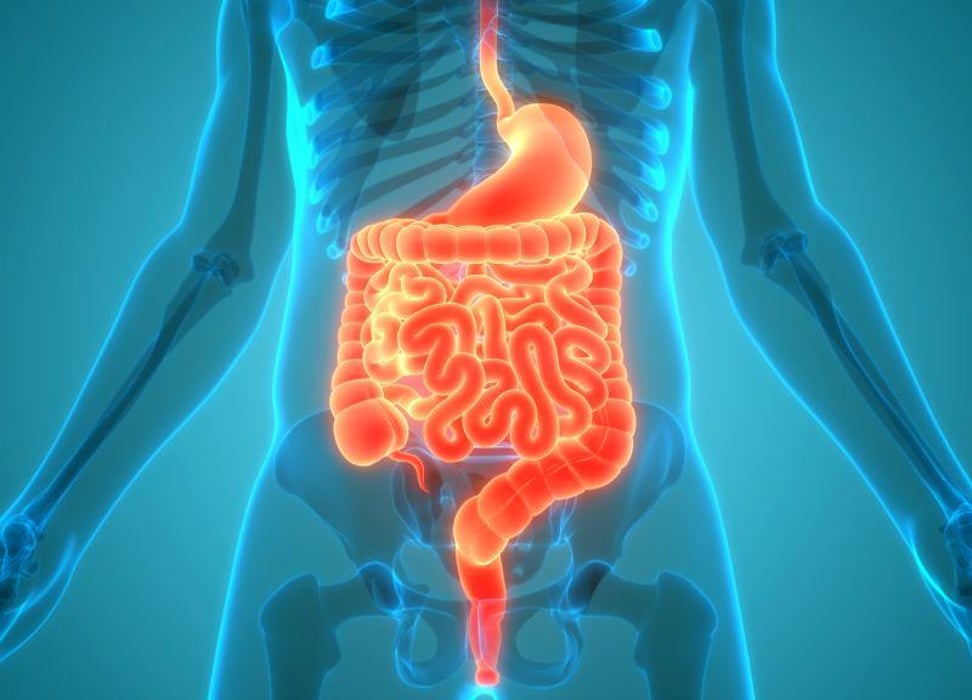Gallbladder & Bile Duct Cancers: Rare, Silent and Deadly. Know the Signs

WEDNESDAY, Feb. 1, 2023 (HealthDay News) – Bile duct and gallbladder cancers develop in organs deep inside the body, making them difficult to detect.
Knowing the signs of these rare cancers may help with earlier detection.
Gallbladder cancer and bile duct cancer are two separate diseases, according to Dr. Miral Sadaria Grandhi, director of hepatobiliary surgery at Rutgers Cancer Institute of New Jersey in New Brunswick.
Both tend to begin in glandular cells in tissue that lines the biliary tract, though which bile released by the liver travels to the small intestine.
When cancer develops in the gallbladder -- a small organ connected to the liver by the bile ducts -- it usually begins in its innermost layers, Sadaria Grandhi said in a Rutgers news release. The cancer then spreads to surrounding tissue. The gallbladder’s job is to store bile, which is produced by the liver to aid in digesting dietary fat.
Bile duct cancer, also called cholangiocarcinoma, is caused by the abnormal growth of cells in the bile duct. It can occur in any portion of the biliary duct system.
Gallbladder cancer typically doesn’t cause symptoms until later in the disease course, but some early signs are lumps in the belly, nausea and/or vomiting, pain and weight loss, Sadaria Grandhi said.
People with inflammatory bowel disease, those with chronic inflammation of the bile ducts and older people have an increased risk of bile duct cancer.
Symptoms can include jaundice, in which the skin and whites of the eyes turn yellow; itching, dark urine, abdominal pain, fever, nausea and vomiting.
Gallbladder polyps, choledochal cysts and biliary cystic tumors called biliary cystadenoma can be precursors to cancer. Surgical removal is recommended as a preventative measure, Sadaria Grandhi said.
An estimated 12,130 people are diagnosed with bile duct or gallbladder cancer each year, according to the American Cancer Society.
More information
The American Cancer Society has more on gallbladder and bile duct cancers.
SOURCE: Rutgers Cancer Institute of New Jersey, news release, Feb. 1, 2023
Related Posts
Battling High Blood Pressure? Adding Yoga to Your Workout Might Help
THURSDAY, Dec. 8, 2022 (HealthDay News) -- Adding a little yoga to an exercise...
Could Melatonin Ease Self-Harm in Kids?
MONDAY, March 27, 2023 (HealthDay News) -- For depressed or anxious children,...
Hair Regrowth Seen in Alopecia With Methotrexate + Prednisone
WEDNESDAY, March 15, 2023 (HealthDay News) -- For patients with recalcitrant...
Just a Few Days of Walking Per Week Yields Health Benefits
THURSDAY, March 30, 2023 (HealthDay News) -- The number of days per week taking...
